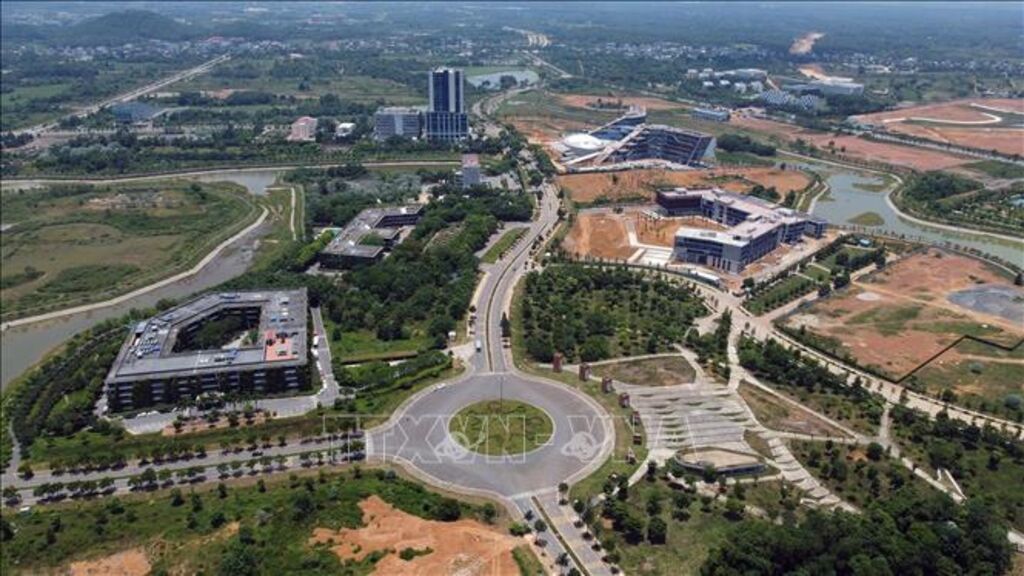 |
| Incentive policies must be diversified toward reducing reliance on income-based tax incentives but combining income-based and cost-based incentives__Photo: VNA |
Vietnam should consider reforming the investment incentive framework, introducing diverse and flexible investment policies to retain strategic investors and attract satellite businesses, thus building an independent, self-reliant economy with inclusive and sustainable development.
Such is proposed by the Ministry of Planning and Investment (MPI) in a draft report on overall review and assessment of investment incentive policies.
Under the draft, the MPI puts forward seven proposals to reform investment incentives.
Firstly, the country needs to introduce breakthrough, targeted incentive policies so as to be able to screen out and attract strategic investors and high-quality investment projects, particularly in such areas as high technology, research and development and environment protection. Sectors and trades eligible for incentives must also be selected in alignment with the country’s advantages and priority orientations.
Secondly, incentive policies must be diversified toward reducing reliance on income-based tax incentives but combining income-based and cost-based incentives. This approach aims at luring new-generation investors to increase added value and concurrently build Vietnam’s image as a country with a comprehensive and attractive investment incentive system aligned with international standards.
Thirdly, costs of incentives must be taken into careful consideration when studying and issuing tax incentives. Tax expenditures statements should be formulated, made public and regarded as a mandatory document to be attached to annual budget estimates and medium- and long-term budget reports.
Fourthly, special attention should be given to the implementation of preferential policies related to land and essential infrastructure such as power, water and transport. Such measure would contribute to creating favorable conditions for investors to start their business.
Fifthly, in the short term, it is crucial to implement urgent measures to address the impacts of the global minimum tax and prevent the outflow of funds by major investors. To this end, the pilot implementation of investment support policies in hi-tech sectors is proposed as a foundation for long-term reforms. The range of sectors eligible for investment incentives should be expanded, taking into account national orientations for investment attraction, industrial development and the current situation of the country. Incentives should be provided alongside the collection of the global minimum tax to reassure investors and encourage them to maintain their investment in Vietnam. The eligibility criteria for incentives should be selective, prioritizing large reputable hi-tech businesses.
Sixthly, in the long term, comprehensive reform would be implemented in the direction of maintaining income-based tax incentives in parallel with applying others, thus benefiting small- and medium-sized investors and promoting investment in areas and sub-sectors eligible for investment encouragement.
Lastly, Vietnam needs to continuously improve the investment environment, simplify administrative procedures and enhance the effectiveness of investment incentive policies. Such approach is crucial for attracting foreign investment and ensuring the successful and thorough implementation of these policies in reality.- (VLLF)









